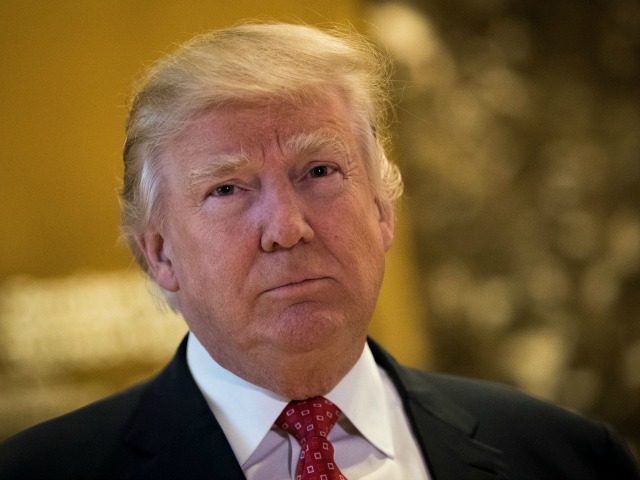WASHINGTON—Tuesday, the Supreme Court will begin its first sitting in which the U.S. Department of Justice (DOJ) will reflect the views and priorities of President Donald Trump, inaugurating a new direction in American law.
The Supreme Court hears roughly 80 cases per year, divided into seven monthly sittings. The annual term begins with its first sitting on the first Monday in October, and the last sitting for each annual term is conducted over two weeks in April.
The Office of the Solicitor General (OSG) represents the United States before the U.S. Supreme Court. The office is led by a solicitor general (SG) who is nominated by the president and confirmed by the Senate, assisted by a principal deputy solicitor general who is a presidential appointment not subject to Senate confirmation. These two appointees oversee a team of close to twenty attorneys who are mostly career staff, the senior ones holding the rank of deputy solicitor general, and the junior members being called assistant to the solicitor general. Together, they constitute one of the finest appellate legal teams in the nation.
President Trump has not yet nominated an SG but has already named a deputy, Noel Francisco, as the number-2 at OSG. Francisco is a Supreme Court rock star, a former clerk to Justice Antonin Scalia and former partner at powerhouse firm Jones Day who has argued a number of major cases before the justices. Francisco has control over OSG until such time as Trump’s pick for the top spot is chosen and confirmed, which might not occur for another couple months.
Although OSG has already filed its legal briefs for most of the year’s remaining Supreme Court cases, changes or updates can be made during oral argument or with certain supplemental filings, so the Trump DOJ can make the new president’s views known as the justices tackle a number of issues involving the federal government.
This Tuesday, the Court will hear arguments in Hernandez v. Mesa, a case in which a Mexican teenager on the Mexican side of the U.S.-Mexico border was fatally shot by a U.S. Border Patrol agent on the U.S. side of the border. The teenager’s family said he was playing pranks by touching the Mexico side of the border barrier, while DOJ insists that the young man was part of a group of teenagers throwing large rocks at the agent, posing a serious risk to the officer’s safety and disregarding repeated warnings to drop the rocks and back away.
DOJ will be represented by Deputy Solicitor General Edwin Kneedler, a career veteran at OSG who has argued more than 100 times before the High Court, representing both Republican and Democrat presidents.
The second case on Tuesday will be McLane v. EEOC. The private litigant is represented by Dallas attorney Allyson Ho, a partner at Morgan Lewis & Bockius, who, like Francisco, is a favorite among conservatives and an accomplished Supreme Court litigator who previously clerked for a Supreme Court justice. The Equal Employment Opportunity Commission will be presented by an assistant to the solicitor general, Rachel Kovner.
The makeup of the nation’s highest court is also changing. One of its nine seats has been vacant since the February 2016 death of Justice Antonin Scalia. But President Trump’s nominee, Judge Neil Gorsuch, appears unstoppable for confirmation, and is expected to join the Court this April.
Between new lawyers leading OSG and new justices joining the nation’s highest court, February 2017 marks the beginning of a new trend in the legal arguments and decisions at the Supreme Court, a trend that will continue for at least the next four years.
Ken Klukowski is senior legal editor for Breitbart News. Follow him on Twitter @kenklukowski.

COMMENTS
Please let us know if you're having issues with commenting.